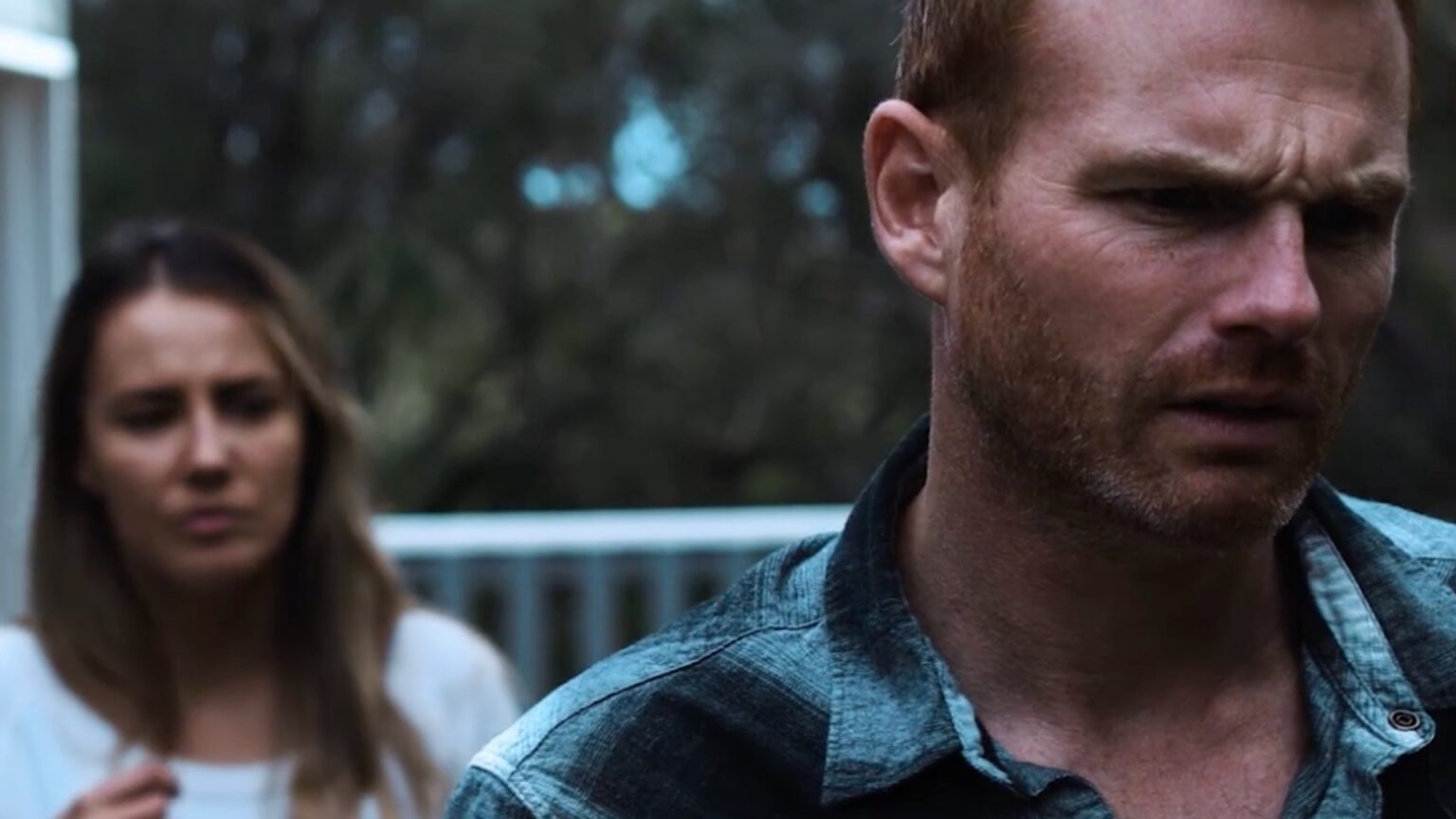
In his feature directorial debut, The Dunes, Australian actor and producer Martin Copping ventures into deeply personal territory that he may not have explored before. Renowned for his voice roles in video games like Rainbow Six and Call of Duty, Copping opens up to create a film that is far more intimate than its initial premise suggests.
While you don’t necessarily need this context beforehand, it offers valuable insight into a film experience that has garnered significant attention since its release in 2021. Some narratives are better appreciated with time, and even though I came to The Dunes a bit late, it’s never too late to appreciate Copping’s portrayal of a man confronting his past. Although it’s labeled as a thriller, The Dunes transcends that genre; it reflects one man’s journey into memories that he knows will lead him down a troubling path burdened with emotional weight.
To set the stage: Nicholas Rice is a journalist from Los Angeles who returns to his hometown in Australia, facing not just the usual ghosts of his past but also meeting a mysterious stranger who seems to know far too much about him. This stranger is determined to pursue a goal that remains undisclosed for now, as The Dunes culminates in an emotionally intense twist that is integral to Nicholas’s quest. Like Nicholas, viewers will have lingering questions, but some answers are perhaps better left unexamined.
Copping’s writing, direction, and performance create a deeply personal narrative that carries echoes of his own experiences. This emotional depth is felt throughout the film, making his character compelling even when his choices deviate from conventional morality.
Fortunately, Copping is supported by an outstanding ensemble cast that amplifies the film’s impact and enhances its suspense. Tim Phillips, known for his voice work in the Devil May Cry series, excels as the antagonist, keeping that aspect of the story engaging. Additionally, it’s a delight to see Copping’s father, Robin, make a cameo as Nicholas’ father, adding a layer of authenticity, as Robin is a legend in Australian cinematography.
While the film adheres to some thriller tropes to maintain audience engagement, it is not just a generic entry in the genre. The multilayered third act provides closure, even if viewers may find themselves at odds with Copping’s interpretation of “justice.” I believe that the film concludes with a satisfying balance, offering answers that remain cryptic enough to encourage further contemplation.
Moreover, The Dunes is more introspective than its premise might suggest. Copping’s innovative approach to combine two narratives into one effectively showcases his dramatic prowess while serving as a catalyst for personal reflection on unresolved aspects of one’s past.
Known primarily for his dynamic roles in video games and genre films, Copping takes on a more grounded character in The Dunes. If his directorial debut is a preview of his capabilities in more serious films, I eagerly await what he will produce in the future.






